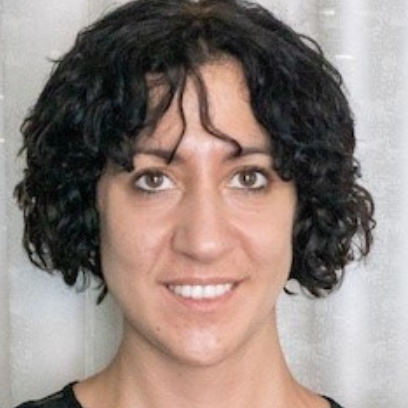Afferenza
Ricevimento e Altre Informazioni
Tutti i giorni, preferibilmente dopo accordi presi via e-mail
Didattica
A. A. 2020 / 2021
Primo Semestre
A. A. 2021 / 2022
Primo Semestre
A. A. 2019 / 2020
Primo Semestre
A. A. 2023 / 2024
Annuale
Primo Semestre
Secondo Semestre
A. A. 2022 / 2023
Primo Semestre
A. A. 2024 / 2025
Primo Semestre
A. A. 2025 / 2026
Primo Semestre
Secondo Semestre
CV
Pubblicazioni
Ricerca
1. Dissecting the impact of HPV infection on the innate immune response in target cells. Her current research focuses on the interplay between high-risk HPV infection (e.g. HPV16 and HPV18) and the innate immune response in keratinocytes. She has demonstrated that HPV18 persistence in keratinocytes inhibits both type I and III IFN production in response to DNA ligands, and that this effect is due to suppression of the cGAS–STING and RIG-I pathways (Albertini et al., 2018). She has provided new evidence that the E7 oncoprotein plays a central role in dampening host innate immunity through the induction of the H3K9-specific methyltransferase SUV39H1, the human homolog of the Drosophila Su(var)3-9 histone methyltransferase, which triggers histone H3Lys9 trimethylation (H3K9me3), inducing a chromatin conformational transition from an open to a closed state in RIG-I, STING, and cGAS promoters (Lo Cigno et al., 2020). She is currently working on targeting the histone deacetylase SIRT1, known to be strongly upregulated in HPV-infected/transformed cells, as a viable strategy to treat HPV-associated cancers.
2. Role of Cancer-Associated Fibroblasts During Virus-induced Skin Carcinogenesis in the Elderly. Her laboratory studies the role of cancer-associated fibroblast during virus-induced skin carcinogenesis. In particular the project aims to isolate and characterize the Merkel Cell Carcinoma (MCC)-derived CAFs to determine their potential correlation with patients’ clinical outcome.

